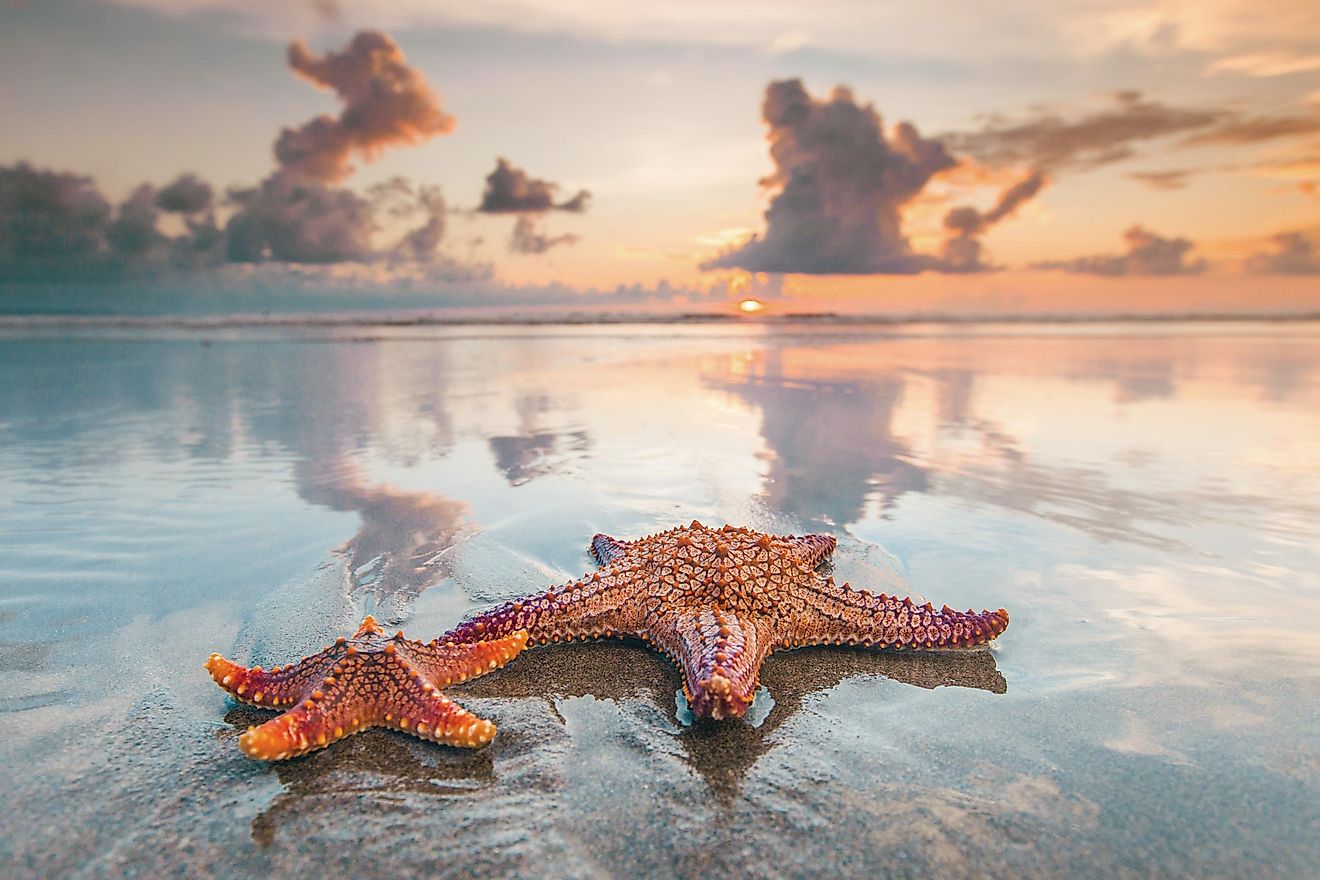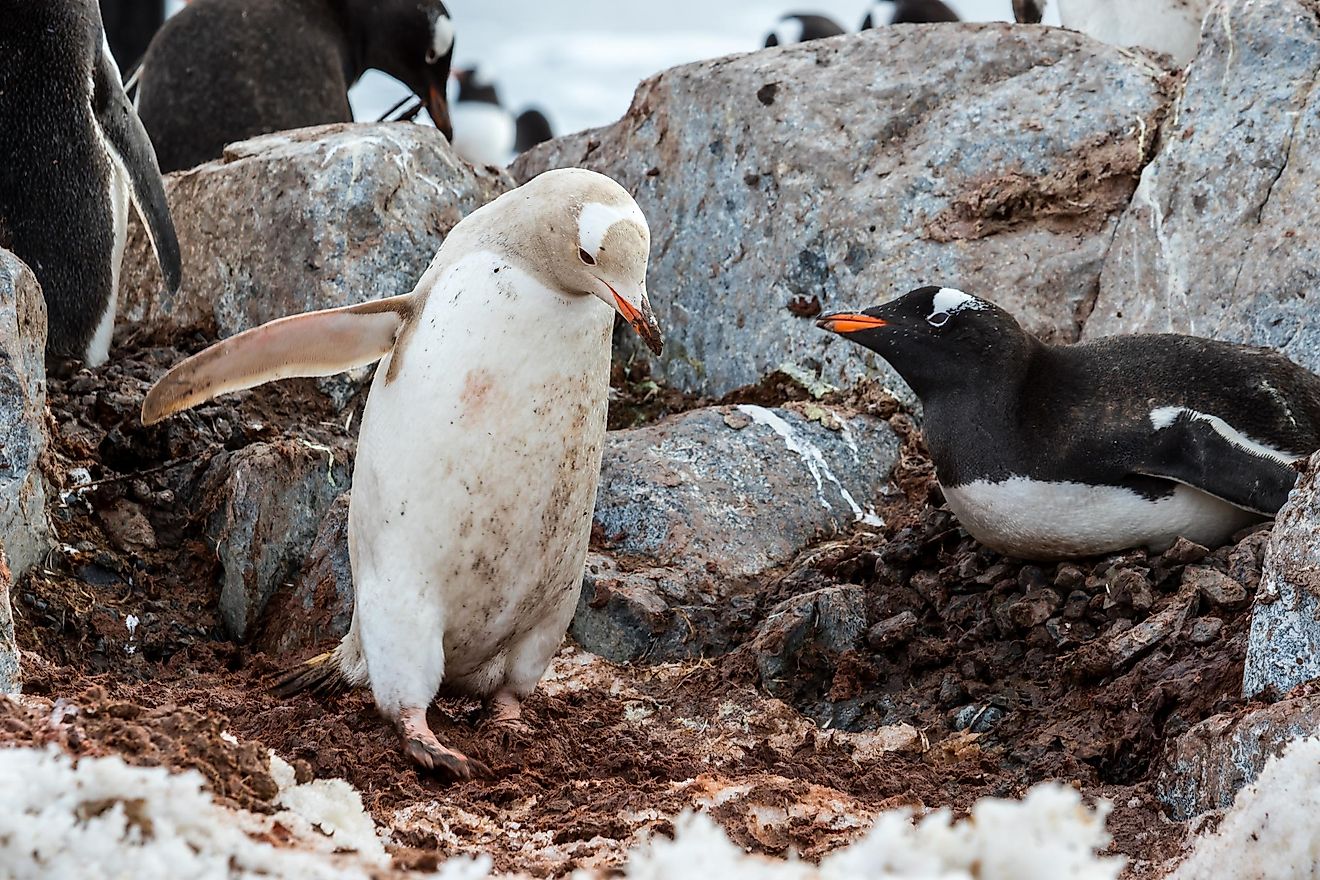How Do Animals Benefit From Domestication?

- Domestication is the term used to describe the process of adapting plants and animals living in the wilderness for human use.
- Herbivores are typically the easiest animals to domesticate.
- Wild chickens used to be much smaller than today, however, they were bred to become larger in order to produce more meat.
Domestication refers to the process of adapting plants and animals from the wilderness for human use. These species get used for work, food, clothing, medicine, and many other things. Of course, we will be dealing with animals, specifically in this article, and if domestication can benefit them in any way.
These animals need to be raised and cared for by humans. They are, therefore, not wild anymore. The process of domestication was first used by humans back in Mesopotamia. This was almost 10,000 years ago, and they were domesticating animals for milk, meat, and hides (skins). The hides were used for clothing or to build tents.
Domestication Of Herbivores
The first animals to get domesticated were probably goats, followed by sheep. Humans started domesticating smaller animals first, such as those previously mentioned, as well as chickens. Afterward, they focused on larger animals such as cows and horses. They used horses for transportation. Domesticating animals is a complicated process. It is considered that herbivores are the easiest animals to domesticate. Of course, the reason for this is that they are the easiest to feed.
Herbivores do not need humans to kill other animals to be able to feed them, which makes domesticating them much easier. A good thing with herbivores is that while domesticated, they are protected from various carnivores. This can be considered a benefit of domestication for them. A good example is cows, which are easily domesticated. However, herbivores that eat grains are not domesticated that easily. This is due to the fact that grains are harder to come by and need to be domesticated themselves.
Domestication Purposes
Some animals were domesticated for a different purpose than they have now. An excellent example of this is dogs, whose primary function was to assist humans during hunting. However, despite many dogs still being excellent hunters, they are mostly pets today. We can’t expect something like this to happen with all species, but as a long-term benefit from domestication, it is fascinating. Animals that were used to assist in killing other animals have now become our best friends.
People often used domestication to try and promote certain traits in animals. The reason most domestic animals are chosen is for their ability to breed while in captivity, as well as for having a calm temperament. Another valuable characteristic is the ability to resist diseases and survive in harsher climates. Things like these can help a species survive longer, which can be considered a benefit as well.
However, the development of these new traits can make these animals quite different from their ancestors from the wilderness. It is believed that dogs were domesticated from gray wolves, for example. Today they are a completely different species. Another example is chickens, who were much smaller before being domesticated. Wild chickens used to weigh about two pounds. However, through the process of domestication, they were bred to become larger, which makes them produce more meat. While this is not exactly a benefit, these changes can make a species more varied, which also helps the specie to survive longer.











